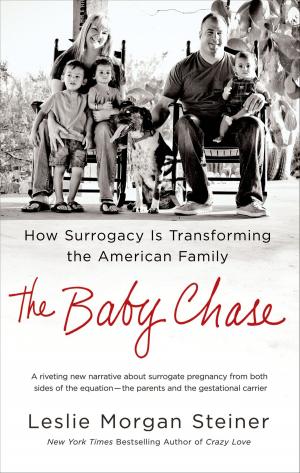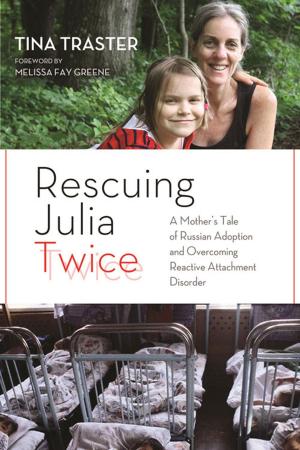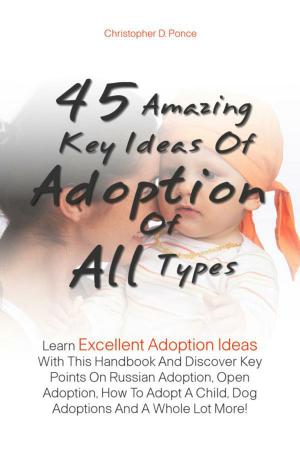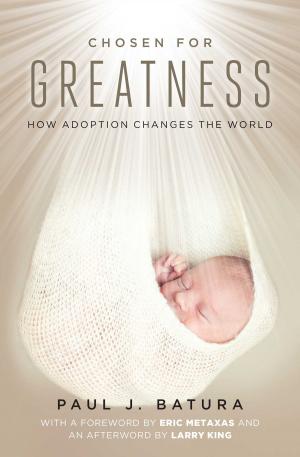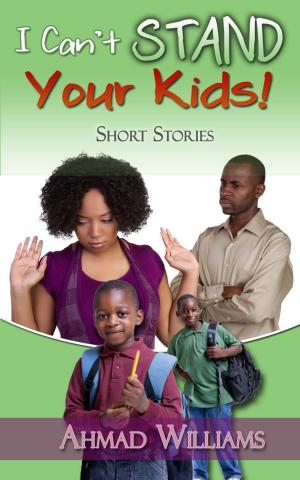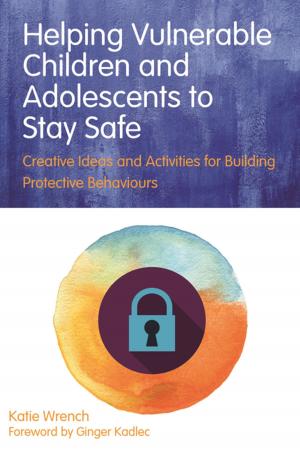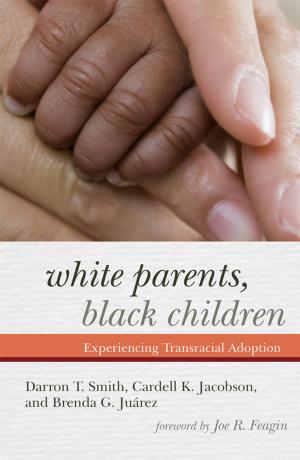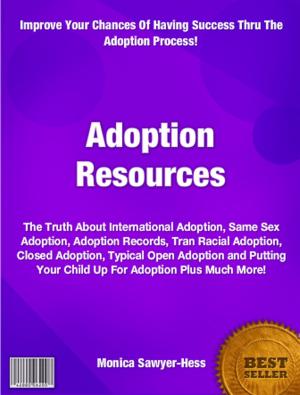Parenting the Difficult Child
A Biblical Perspective on Reactive Attachment Disorder
Nonfiction, Family & Relationships, Parenting, Child Development, Anger, Adoption| Author: | Linda J. Rice | ISBN: | 9780985043148 |
| Publisher: | SeedSowm Press | Publication: | February 28, 2014 |
| Imprint: | Language: | English |
| Author: | Linda J. Rice |
| ISBN: | 9780985043148 |
| Publisher: | SeedSowm Press |
| Publication: | February 28, 2014 |
| Imprint: | |
| Language: | English |
Is your child defiant, often angry, frequently lying, inordinately affectionate to strangers, lacking in remorse, and seemingly unable to trust anyone? Antisocial behaviors and attitudes like these can lead to a diagnosis of Reactive Attachment Disorder (RAD). Adopted children are especially prone to develop it.
Parenting the Difficult Child: A Biblical Perspective on Reactive Attachment Disorder applies a biblical lens to a child exhibiting defiant and aggressive behaviors and RAD characteristics. Using specific examples and practical implementation ideas, it explains how parents can apply the clear, practical solutions of Scripture to address the habituated heart motivations, thoughts, and actions of an alienated, angry child. It shows how to get to heart issues and how to handle manipulation.
The behaviors of the antisocial child challenge the whole family. Two chapters are devoted to encouraging and guiding parents and siblings who may themselves struggle with difficult emotions.
Part three concisely explains several primary attachment theories and contrasts them with biblical principles. For example, what does the Bible say about the idea that children labeled with RAD do not trust and lack a conscience? It provides biblical principles pertinent for evaluating behavioral research and attachment therapies.
Christian parents, counselors, and pastors will find this practical book helpful for learning what the Bible says about difficult children, including those labeled with RAD, and how to parent them.
Includes ten tables.
This book contains:
• Biblical answers to parenting a child who behaves according to RAD
• A biblical understanding of RAD-type behaviors
• What the Bible says about inability to trust and lack of a conscience
• How you can help the siblings of the difficult child
• How to structure your home
• What your child needs to know
• How to handle manipulation
• Some principles to guide your evaluation of attachment therapies
• How attachment theory contrasts with biblical thinking
• And much more
Is your child defiant, often angry, frequently lying, inordinately affectionate to strangers, lacking in remorse, and seemingly unable to trust anyone? Antisocial behaviors and attitudes like these can lead to a diagnosis of Reactive Attachment Disorder (RAD). Adopted children are especially prone to develop it.
Parenting the Difficult Child: A Biblical Perspective on Reactive Attachment Disorder applies a biblical lens to a child exhibiting defiant and aggressive behaviors and RAD characteristics. Using specific examples and practical implementation ideas, it explains how parents can apply the clear, practical solutions of Scripture to address the habituated heart motivations, thoughts, and actions of an alienated, angry child. It shows how to get to heart issues and how to handle manipulation.
The behaviors of the antisocial child challenge the whole family. Two chapters are devoted to encouraging and guiding parents and siblings who may themselves struggle with difficult emotions.
Part three concisely explains several primary attachment theories and contrasts them with biblical principles. For example, what does the Bible say about the idea that children labeled with RAD do not trust and lack a conscience? It provides biblical principles pertinent for evaluating behavioral research and attachment therapies.
Christian parents, counselors, and pastors will find this practical book helpful for learning what the Bible says about difficult children, including those labeled with RAD, and how to parent them.
Includes ten tables.
This book contains:
• Biblical answers to parenting a child who behaves according to RAD
• A biblical understanding of RAD-type behaviors
• What the Bible says about inability to trust and lack of a conscience
• How you can help the siblings of the difficult child
• How to structure your home
• What your child needs to know
• How to handle manipulation
• Some principles to guide your evaluation of attachment therapies
• How attachment theory contrasts with biblical thinking
• And much more


